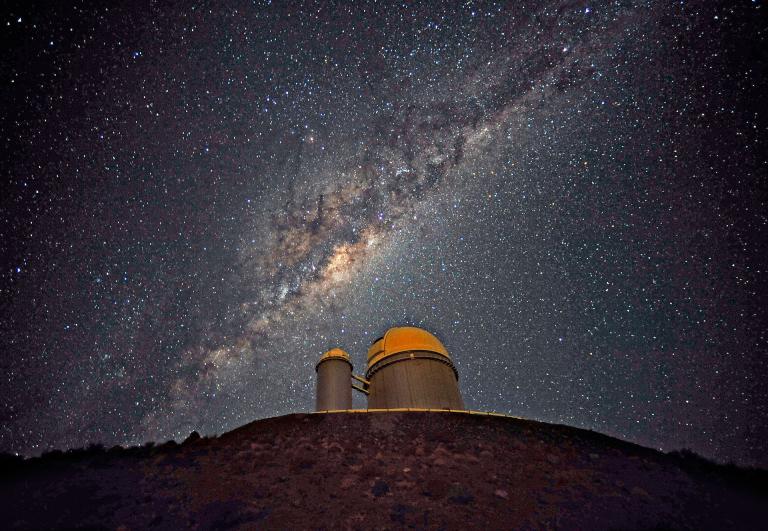
(Wikimedia Commons public domain photo)
The opening passage of Aristotle’s Metaphysics reads as follows, in the translation by W. D. Ross:
“All men by nature desire to know. An indication of this is the delight we take in our senses; for even apart from their usefulness they are loved for themselves; and above all others the sense of sight. For not only with a view to action, but even when we are not going to do anything, we prefer seeing (one might say) to everything else. The reason is that this, most of all the senses, makes us know and brings to light many differences between things.”
Earlier, Aristotle’s teacher, Plato, had put the following words into the mouth of his teacher, Socrates:
“I see, my dear Theaetetus, that Theodorus had a true insight into your nature when he said that you were a philosopher; for wonder is the feeling of a philosopher, and philosophy begins in wonder.” (Plato, Theaetetus 155c-d, in the translation of Benjamin Jowett)
Philosophy, of course, had not yet taken on the sense of a particular subject area or academic department. It simply meant, literally, “love of wisdom.”
I take it that it is this “desire to know,” this “wonder,” that leads to science, among other things.
***
George Will: “How a ‘Usefulness’ Mindset Is Killing Scientific Curiosity”
***
This is, to say the best of it, a simplistic depiction of the famous July 1925 “Scopes Monkey Trial” (formally, The State of Tennessee v. John Thomas Scopes) that was held in Dayton, Tennessee:
https://www.history.com/news/scopes-monkey-trial-evolution-religion-darrow-bryan
For a far, far superior and much more balanced treatment, I strongly recommend Edward J. Larson’s Summer for the Gods: The Scopes Trial and America’s Continuing Debate Over Science and Religion, which won a Pulitzer Prize in History for its author in 1998.
I once briefly mentioned Professor Larson’s book in a column that I wrote for the Deseret News (“Inheriting wind — false accounts of the supposed war between science, religion”), but apparently got the initial publication date wrong:
***
Here’s a curious item:
“Sweden’s Highest Peak Just Melted Away”
Rather funny. In a sense, and from a particular angle.
***
I enjoyed this:
***
***
***
***
***
“Jupiter’s skies are peppered with electron streams, ammonia plumes, and massive storms”
***
“The origin of RNA precursors on exoplanets”










